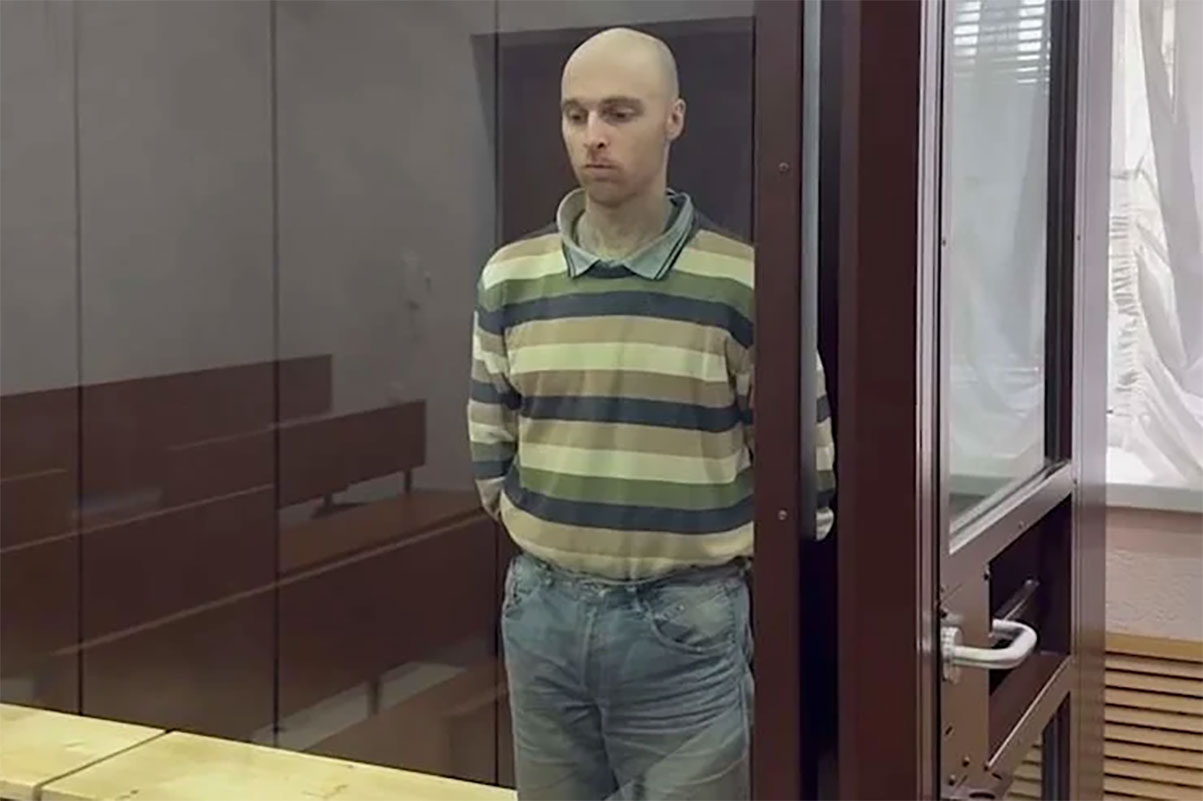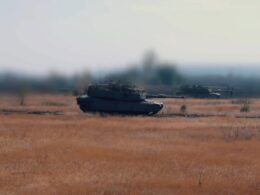Australian national Oscar Jenkins has been sentenced to 13 years in a Russian maximum-security penal colony after being convicted of fighting as a mercenary in Ukraine. The sentencing was handed down on 16 May 2025 by a court in Russian-occupied Luhansk. Jenkins, 33, was captured in December 2024 and accused of fighting alongside Ukrainian forces against Russia.
Russian state prosecutors, cited by CNN, claimed Jenkins was found guilty of participating in armed conflict as a "mercenary." The court ruled he was not entitled to prisoner-of-war protections and ordered his transfer to a “strict regime” facility.
Prosecutors stated Jenkins received between $7,400 and $10,000 monthly while serving in Ukraine—an unrealistic claim, as regular Ukrainian army soldiers receive significantly lower salaries and combat bonuses.
Russian state-run media claimed he allegedly had “fully admitted his guilt,” according to The Sydney Morning Herald.
Russia treats all foreign nationals fighting for Ukraine as mercenaries, denying them POW protections under the Geneva Convention.
Canberra condemns verdict, demands POW protections
Australia's Foreign Minister Penny Wong responded to the ruling on 17 May, stating in a government-released statement quoted by The Sydney Morning Herald:
“The Australian government is appalled at the sham trial and 13-year sentence given to Australian man Oscar Jenkins.” She added: “As a full-serving member of the regular armed forces of Ukraine, Mr. Jenkins is a prisoner of war.”
Wong reiterated that Russia is obligated under international humanitarian law to treat Jenkins humanely and to recognize his POW status. She said the government is working with Ukraine and the International Committee of the Red Cross to advocate for Jenkins’ safety and release.
Australian Prime Minister Anthony Albanese, speaking to reporters in Rome, echoed Wong’s criticism.
“Let’s be very clear. This sentence by Russia is an outrage – it is a continuation of the way they have behaved, abrogating their responsibilities,” The Sydney Morning Herald quoted him as saying.
Detention, interrogation footage spark international concern
Jenkins was shown in court standing behind glass, hands behind his back, in an image released by the prosecutor’s office of the so-called “Luhansk People’s Republic” - Russian-run occupation authorities of Ukraine's Luhansk Oblast.
According to CNN, a video circulated in December shows Oscar Jenkins with his hands tightly bound, struggling to understand questions in Russian, being struck twice during interrogation, and identifying himself in a mix of English, Ukrainian, and Russian as a soldier, a teacher in China, and a student in Australia.
The footage triggered international outrage and concerns about his treatment. In January, following unconfirmed reports that Jenkins had died in custody, the Australian government summoned the Russian ambassador. In February, new footage emerged showing Jenkins alive but frail, possibly with a broken arm.
Accusations and military deployment timeline
According to The Sydney Morning Herald, Russian prosecutors alleged that Jenkins arrived in Ukraine via the Ternopil recruitment center in February 2024. He reportedly trained, received military equipment, and served in Shchurove in Kramatorsk district, Donetsk Oblast, before joining the 402nd Separate Rifle Battalion, part of Ukraine’s 66th Separate Mechanized Brigade. He was eventually captured near Makiivka, a village in western Luhansk Oblast.
Australian opposition home affairs spokesman James Paterson, also quoted by The Sydney Morning Herald, called the sentencing a “sham” and a breach of international law. He expressed hope that Jenkins would be released as part of a future prisoner exchange.
Read also
-
205 Ukrainian soldiers return home after years in Russian captivity
-
Australian Abrams tanks promised to Ukraine remain stuck over US clearance
-
Australia open to sending its peacekeeping force to Ukraine
-
Sydney film festival faces backlash over screening of propaganda documentary humanizing Russian war criminals





